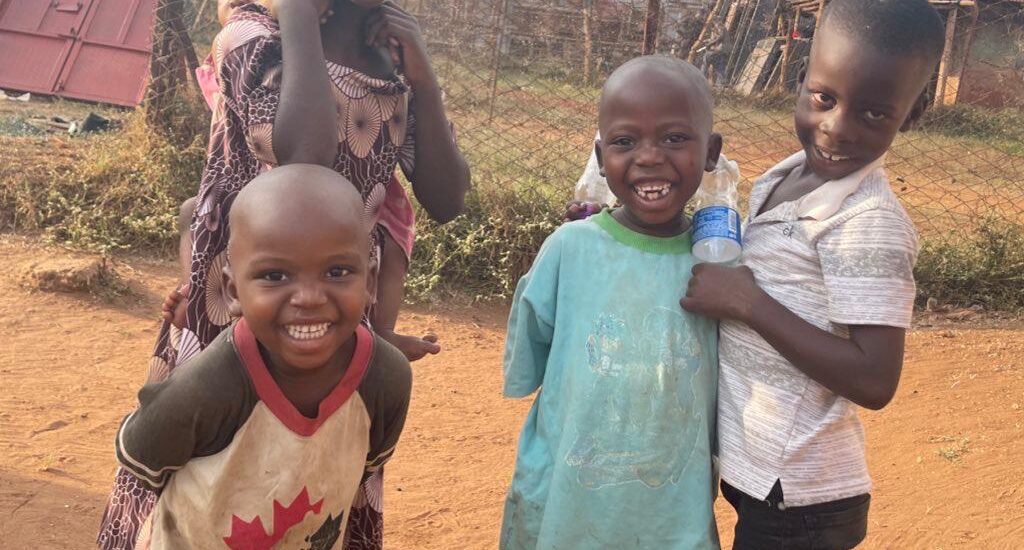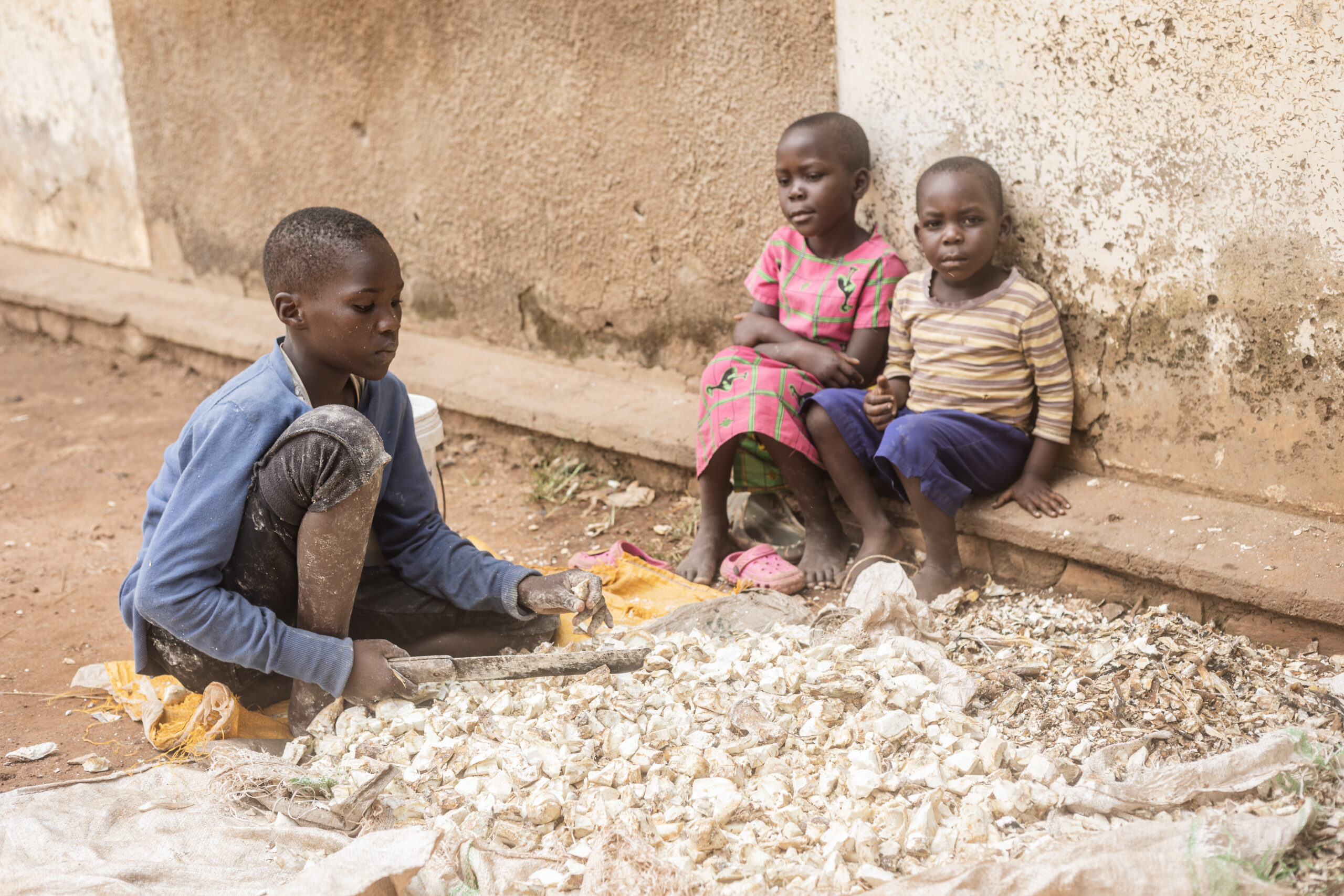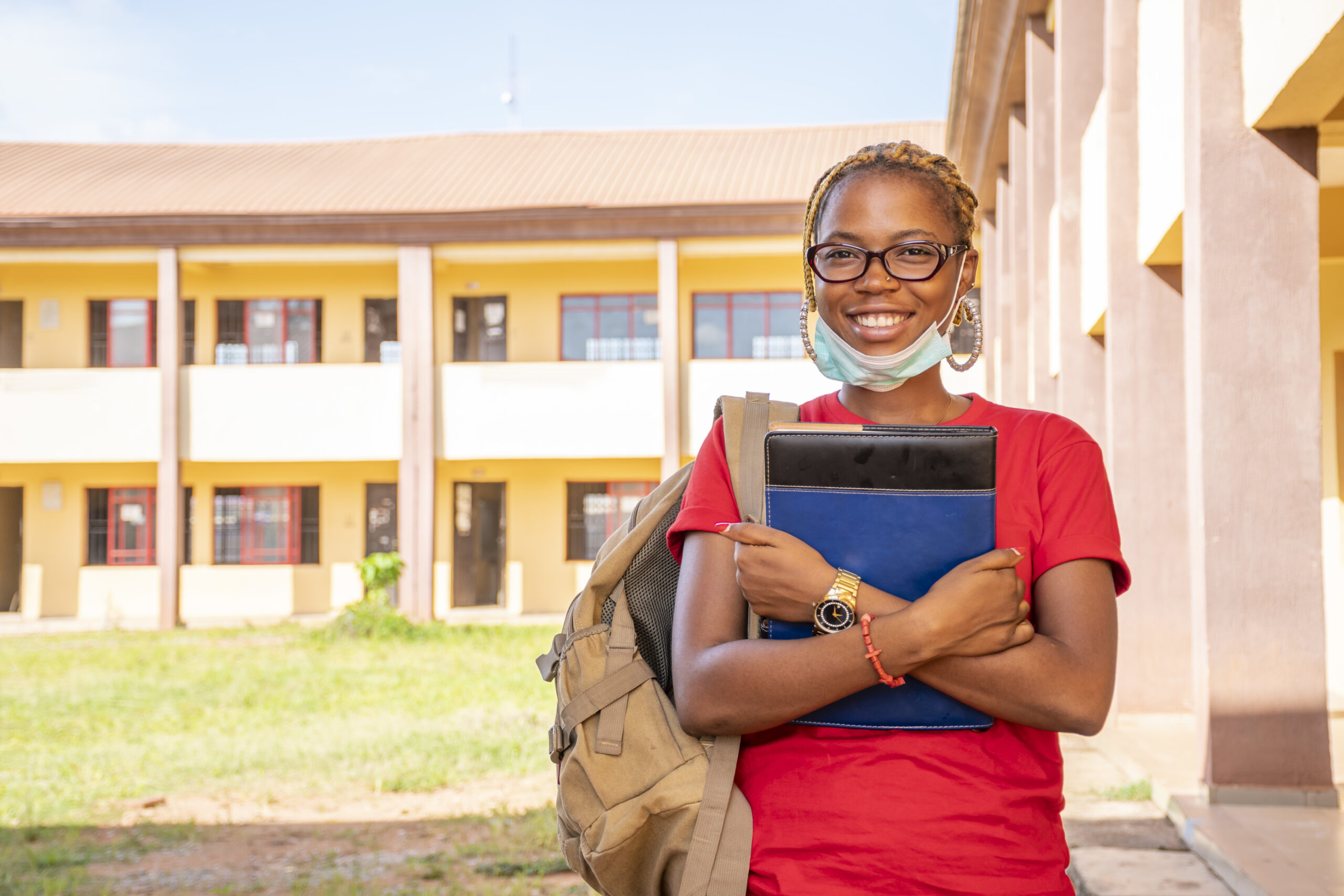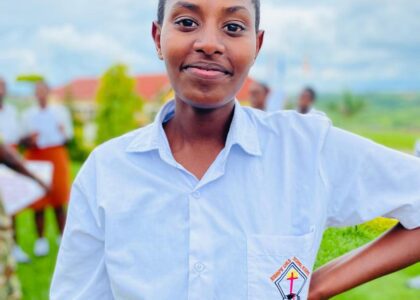In Uganda, 43% of girls are married off before their 18th birthday (Demographic Health Survey 2016). The drivers of Child marriage and teenage pregnancy are cross cutting and deeply rooted in traditions, culture and poverty. Child marriage occurs worldwide but is more common among those with the least access to resources and opportunities for generating income, particularly those in rural areas who are most dependent on the local environment for their livelihoods.
A whopping 34% and 7% of girls in Uganda are married before their 18th and 15th birthdays respectively; while 6% of boys are married before their 18th birthday. Child brides are also at major risk of contracting sexually transmitted infections (STIs) including HIV. The risk of maternal death is about 28% higher for mothers aged 15 to 19 than that of mothers aged 20 to 24 (UNFPA, 2020). COVID-19 pandemic led to closure of schools for 2 years which sparked child marriage cases, UNESCO 2021 projections showed that school closure increased the risk of child marriage by 25 per cent per annum.
Uganda is a country that is highly vulnerable to the impacts of climate change. The changing weather patterns are affecting agriculture, the main source of livelihood for many communities, leading to crop failures and food shortages. This has forced families to resort to drastic measures to cope with the situation, including marrying off their young daughters in exchange for dowry payments.
The decision for a child to marry is shaped by a web of intersecting factors that may include social pressures, gender norms, household economics, dowry and bride-price practices, harassment and intimidation, sexual violence, and pregnancy or fear of pregnancy (Spencer, 2015; Avogo and Somefun, 2019; McLeod et al., 2019). In particular, lack of access to resources is a key driving factor for child marriage, with girls whose families’ incomes fall in the lowest quintile more than twice as likely to marry before the age of 18 than those whose families’ incomes are in the highest quintile (UNFPA, 2012). In contrast, education is protective; girls with a primary education are twice as likely to experience child marriage as those with a secondary or higher education (UNFPA, 2012).
Dowry and bride price may be a lens through which the economic effects of environmental crises shape child marriage decisions. Uganda’s National Adaptation Programme of Action (NAPA) notes that environmental crises leading to famine can increase child marriages as bride price incentivises families with few resources to encourage their daughters’ marriage (GoU, 2007)
Education is widely understood to be protective against child marriage. Environmental crises disrupt education both directly (e.g. destruction of school infrastructure) and indirectly (e.g. worsening poverty, displacement of families and lack of educational provision in temporary shelters), with consequent effects on child marriage.
Child marriage has been seen to increase during humanitarian crises, with higher rates of child marriage among displaced populations (Lemmon, 2014; UNFPA, 2020
In response to these challenges, Joy for Children Uganda has the “Restore Hope in Climate Affected Communities” project on Global Giving. This initiative aims to provide immediate relief and long-term solutions to communities impacted by climate change, with a particular focus on supporting children and families in need.
Through Global Giving, donors have the opportunity to make a tangible impact on the lives of those affected by climate change in Uganda by supporting this project. By contributing to the project, donors can help provide essential resources such as food aid, clean water, healthcare, and educational support to affected communities.
Every donation, no matter how small, has the power to restore hope and transform lives. Together, we can create a safer, more sustainable future for children living in the shadow of climate change.
Join us today in supporting the “Restore Hope in Climate Affected Communities” project on https://www.globalgiving.org/projects/restore-lives-of-300-households-in-kasese-uganda/. Your generosity can make a world of difference to those who need it most. Let’s come together to restore hope and build a brighter future for children everywhere.






